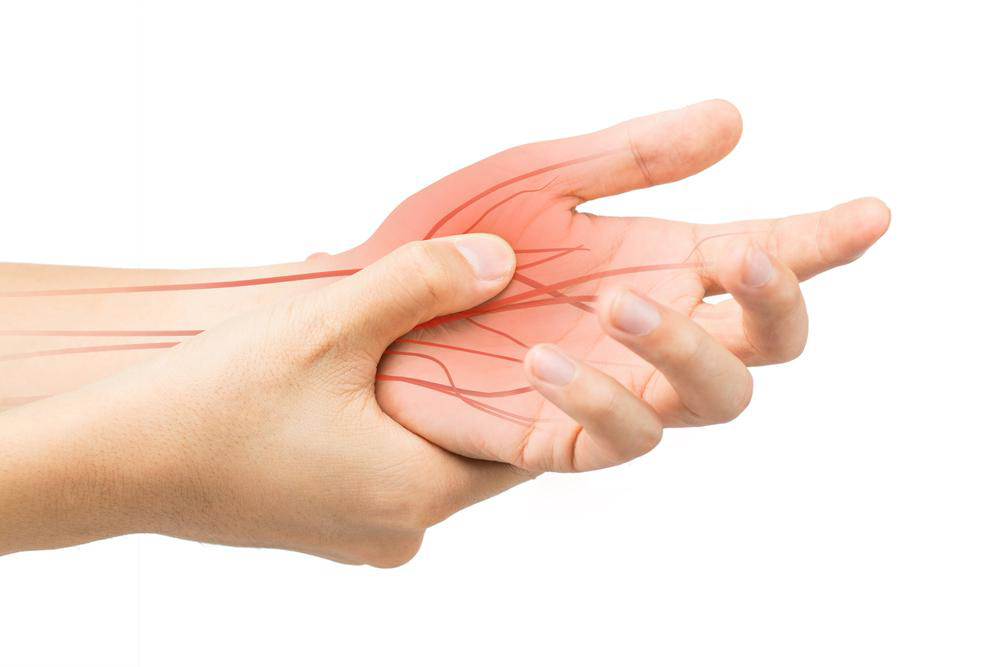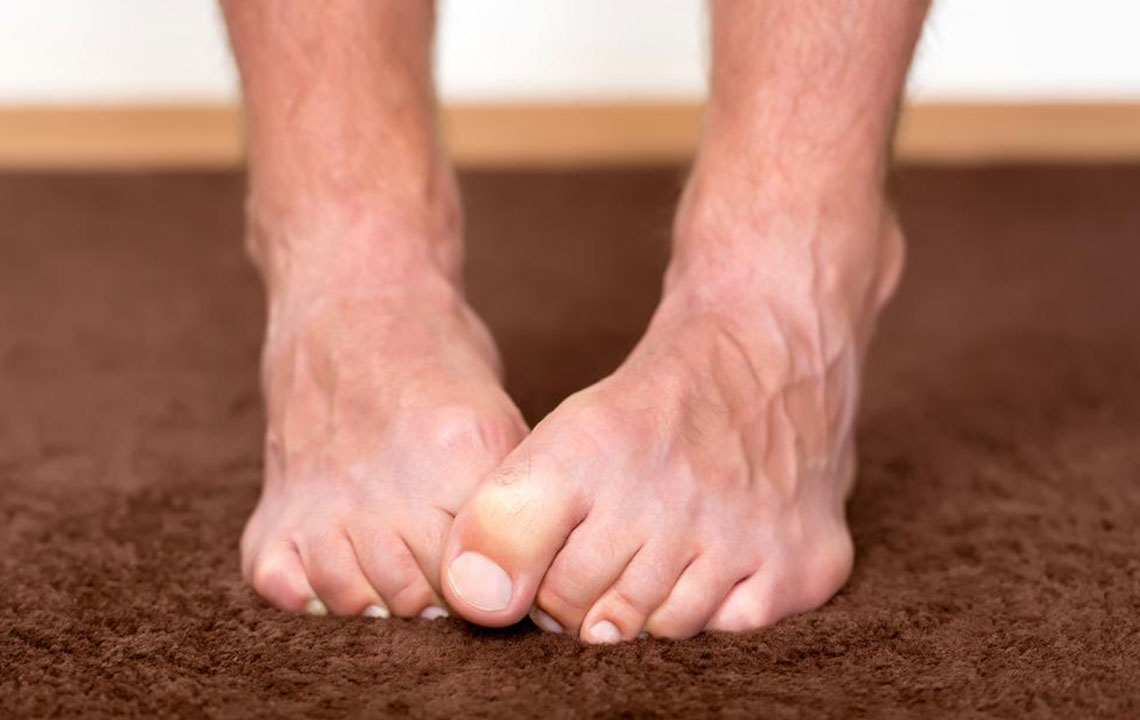Effective Strategies to Manage Neuropathic Pain and Improve Quality of Life
Discover comprehensive, proven methods to alleviate neuropathic pain, including medical treatments, natural remedies, lifestyle modifications, and alternative therapies. Improve your quality of life by understanding signs, symptoms, and innovative management strategies tailored to your needs.

Effective Strategies to Manage Neuropathic Pain and Improve Quality of Life
Neuropathic pain is a complex and often persistent condition caused by nerve damage due to injury, illness, or infections. Unlike typical pain resulting from an acute injury, neuropathic discomfort frequently occurs without an apparent trigger, making it particularly challenging to diagnose and treat. It can significantly impair daily functioning and overall well-being. While medications are a cornerstone of symptom management, adopting a holistic approach that combines medical treatments with lifestyle adjustments and alternative therapies can lead to better pain control and an improved quality of life.
Recognizing Signs and Symptoms of Neuropathic Pain
Neuropathic pain manifests through various symptoms, which can differ from person to person. Identifying these signs early is essential for seeking appropriate treatment. Common indicators include:
Shooting, burning, or stabbing sensations
Numbness, tingling, or a pins-and-needles feeling
Unprovoked pain episodes that occur without apparent reason
Pain triggered by simple actions such as touching, cold exposure, or movement
Discomfort or nausea accompanying pain episodes
Sleep disturbances due to persistent discomfort
Loss of sensation or reduced sensitivity in affected areas
Comprehensive Management of Neuropathic Discomfort
Addressing neuropathic pain requires a tailored approach that combines medical intervention with lifestyle modifications. Consulting healthcare providers for personalized treatment plans, including prescribed medications, is fundamental. Proper management aims to reduce symptoms, prevent further nerve damage, and enhance overall quality of life.
Beyond prescription medication, several non-prescription options are valuable, especially for mild to moderate symptoms. These alternatives can supplement medical treatments and provide additional relief. Understanding these options can help patients take proactive steps toward managing their condition effectively.
Over-the-Counter Remedies for Neuropathic Pain Relief
Effective non-prescription therapies include topical agents, pain relievers, and nutritional supplements—each playing a distinct role in alleviating discomfort.
Topical Agents
Creams and ointments containing ingredients like capsaicin, menthol, or botanical oils can target localized pain areas. These topical solutions may provide quick relief, especially for persistent pain in specific spots, and are often used as part of an integrated pain management strategy.
Pain Relievers
Over-the-counter analgesics such as acetaminophen, ibuprofen, or aspirin can be helpful for mild pain. However, long-term use should be supervised by a healthcare professional to prevent dependency and to ensure underlying issues are properly addressed.
Vitamins and Nutritional Supplements
Supplementing with vitamin B12, alpha-lipoic acid, acetyl-L-carnitine, or gamma-linolenic acid can be beneficial, especially if nerve damage is linked to deficiencies or metabolic conditions like diabetes. These supplements may support nerve regeneration and reduce symptoms.
In addition to pharmacological options, there are several non-medical therapies that can complement pain relief efforts. These methods often focus on relaxation, physical health, and reducing nerve strain, providing holistic support for managing neuropathic pain.
Acupuncture
This traditional Chinese medicine technique involves inserting fine needles into specific points to stimulate nerve pathways, promote natural pain relief, and potentially reduce nerve inflammation.
Physical Therapy
Targeted exercises guided by physical therapists can improve muscle strength, flexibility, and circulation, potentially alleviating nerve compression and reducing pain symptoms.
Massage Therapy
Massage can ease muscle tension, improve blood flow, and provide relief from spasms or discomfort associated with nerve damage.
Assistive Devices
Using braces, orthotic supports, or mobility aids like canes can reduce nerve strain, improve balance, and prevent further injury.
Relaxation and Stress Management
Practices such as yoga, meditation, deep breathing exercises, and mindfulness can help manage stress, which may otherwise exacerbate nerve pain symptoms.
Healthy Lifestyle and Diet
Adopting a balanced diet rich in nutrients supports overall nerve health. Reducing alcohol consumption, managing blood sugar levels, and avoiding smoking are also critical in preventing worsening symptoms.
Combining these strategies with appropriate medical treatments can dramatically enhance pain control, functional ability, and overall well-being. Persistent or severe symptoms should prompt immediate consultation with healthcare professionals to develop an effective, personalized treatment plan.





